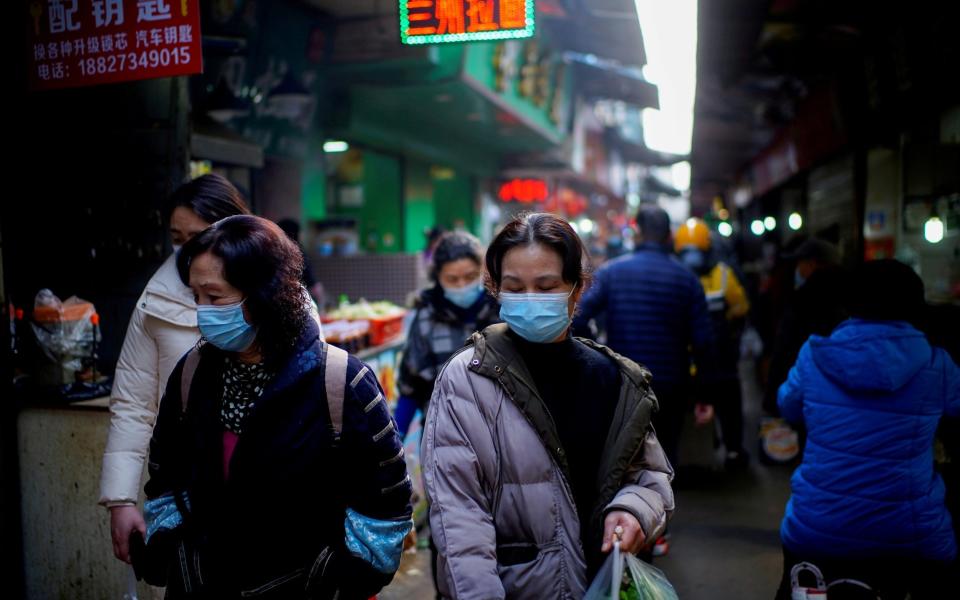UK economy to grow faster than China’s for first time since Mao

Britain’s economy is set to grow more quickly than China's for the first time since the death of Mao Zedong as the world’s second-largest economy slumps to its worst performance in more than 30 years.
The UK is expected to sustain its strong rebound from Covid with growth of 5.4pc in 2022, according to analysts at BNP Paribas.
By contrast China is set to grow by 5.3pc, according to the forecasts calculated before the emergence of the new Covid variant.
It will be the first time Britain has expanded faster than the Asian titan since 1976, the year of Chairman Mao’s death.
China was the first big economy to rebound to its pre-Covid GDP, but now Beijing’s iron-fisted zero Covid policy is expected to hold the country back as the nation’s factories and ports are routinely forced to shut by new outbreaks.
A crunch in the property market, centred around troubled developer Evergrande, will also remove a key driver of growth.
Meanwhile, enforced limits on energy-intensive aluminium smelters intended to conserve scarce power resources have hit output, something the investment bank expects to continue or intensify.
Such low growth will pile pressure on China’s leaders, BNP Paribas warns, particularly with the crucial 20th party congress on its way and a reshuffle of top officials - excluding President Xi - expected.
The bank said: “We expect policy measures to push next year’s reported GDP growth above 5pc. Without it, continued weakening momentum and concerns about property investment would risk keeping organic growth substantially below the policymakers’ threshold.
“We think political pressure for healthy and stable growth is imminent and will intensify ahead of the 20th party congress in late autumn 2022.”
Those measures to boost growth could include looser credit and lending standards, more funding for infrastructure and manufacturing, and potentially easing the zero Covid rules to boost consumption spending.
Meanwhile the UK is set to enjoy “a relatively robust recovery” through 2022 as there is “still scope for catchup”, despite the effect of shortages and rising energy prices.
BNP said: “Strong employment and investment intentions suggest that underlying demand remains strong."
It predicted that scarring - the long-term hit to GDP compared to pre-Covid forecasts - will be around 1pc, just half the 2pc predicted by the Office for Budget Responsibility, indicating there is more room for a rebound.
Analysts said: “Household excess savings remain ample, and the budget was more generous than we had been expecting for the near term.”

 Yahoo Finance
Yahoo Finance 